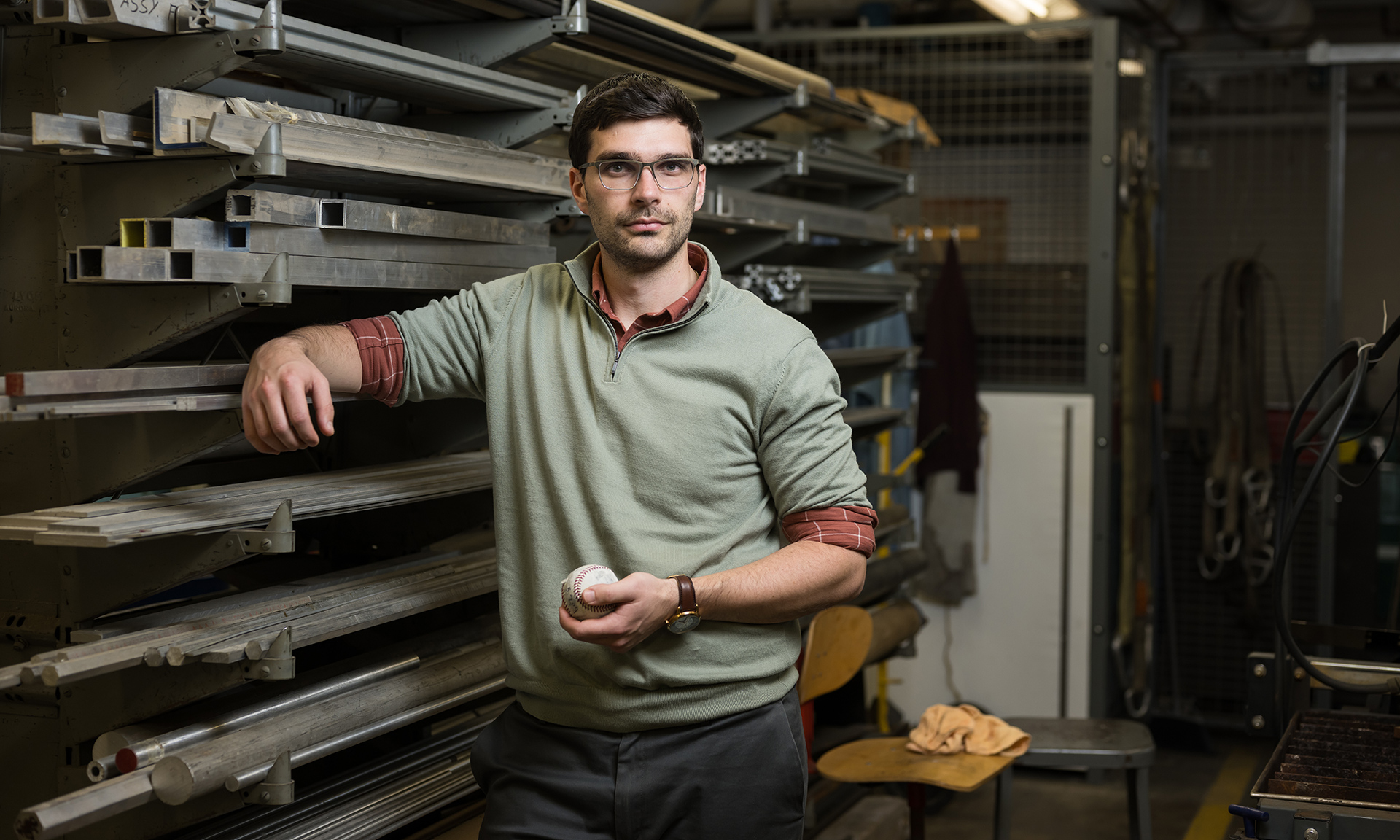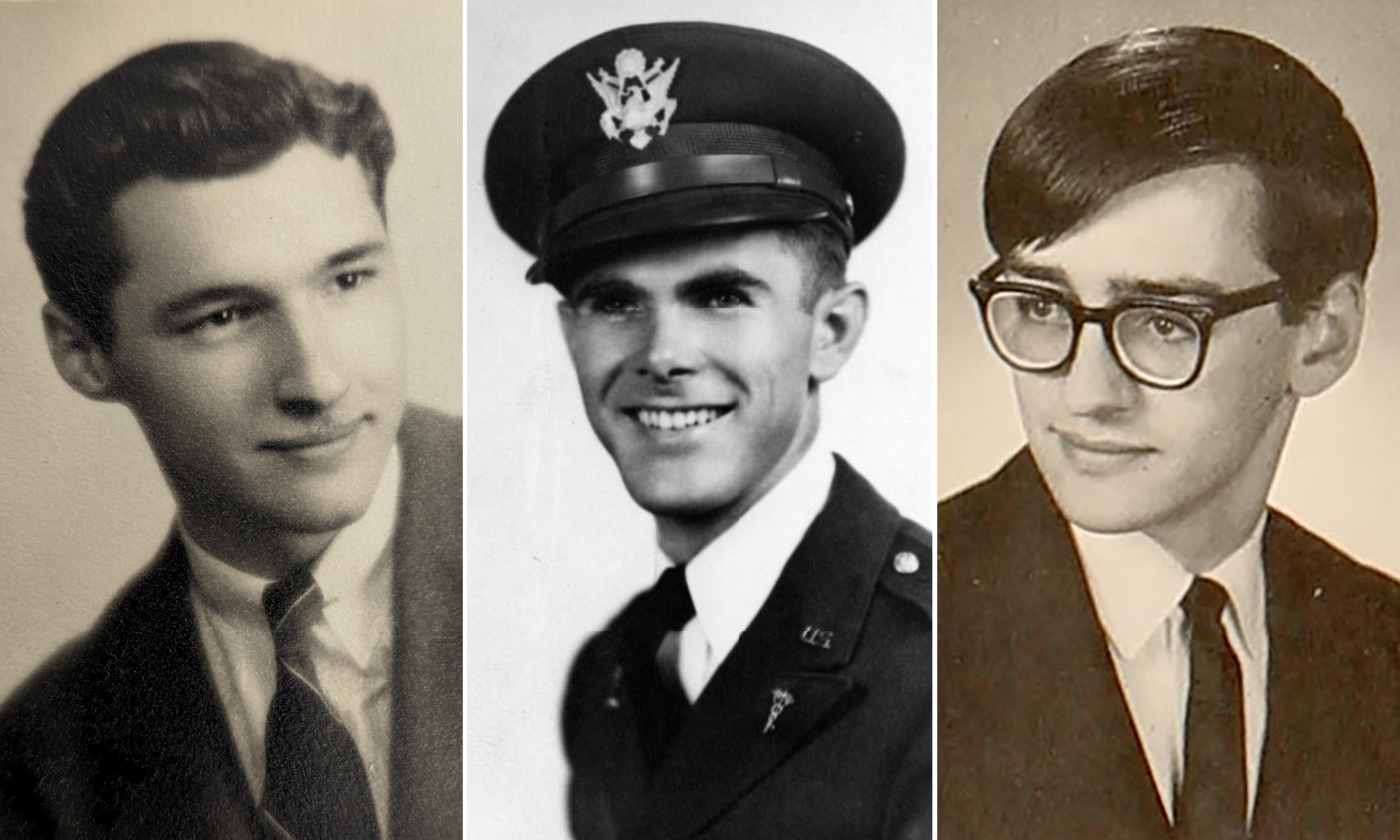After completing a music theory course at Connecticut College, Matthew BaileyShea was so inspired he purchased a score of songs by Austrian composer Franz Schubert.
What Students Are Saying
“From Day One, Professor BaileyShea started getting to know his students as diverse people with varying interests. If I ever needed help on an assignment or clarification on a topic, I knew that I could email him or go to his office and receive a helpful response without fear of being judged or talked down to.”
—Tiffany Nicholas ’19, ’20 (T5)
“When beginning a new topic, Professor BaileyShea provides several examples to show how musical concepts are used by different composers, or how they can be applied to studying and making music. He effectively combines theory with practice and allows students to practice the material, with feedback from him and their peers.”
—Gina Romanazzi ’22
“Professor BaileyShea’s teaching and guidance were invaluable to me. He told me to immerse myself in my studies by falling in love with anything I was intrigued by. It made research a personal, rewarding process, and I feel more ready for graduate school because of his support.”
—Siena Facciolo ’19
“I was excited enough about the class that I wanted to spend the summer looking into it on my own,” he says. “That’s my goal as a teacher now: to get my students interested enough that they go off on their own trying to learn new things.”
BaileyShea has made an “active classroom” his mission since coming to the University of Rochester in 2003. A 2019 recipient of the Goergen Award for Excellence in Undergraduate Teaching, he is an associate professor of music theory at the University’s Eastman School of Music and an associate professor of music at the College. His research focuses on song analysis and topics relating to gesture and musical agency. Among the courses he has most enjoyed is music theory pedagogy at Eastman. “Teaching students how to teach music theory is especially fun,” he says.
BaileyShea believes it’s important to keep students involved during classes. “You try to do that by playing music and making sure they’re listening, responding, and making music themselves,” the Boston native says. “It’s not always easy. Classes can include more than 30 students from varied backgrounds, many playing multiple instruments. But you try to make a connection with all of them.”
BaileyShea says he’s “somewhat unusual” as a music teacher in that he didn’t start playing an instrument until he was a teenager, even though he comes from a musical family.
“My father played piano in the house, and my uncle played in bands,” he says. “He lent me a guitar, and that’s how I got into playing music. I had always enjoyed listening to music, mainly rock, but it wasn’t until I was 16 that I wanted to play it myself.”
BaileyShea started taking music classes “just to learn some new chords,” and his interest deepened significantly when he met a music theory professor at Connecticut College named Timothy Jackson.
“He got me interested in classical music,” BaileyShea says. “Something clicked, and I started taking as many music courses as I could. Eventually, I dropped my psychology major and went full time with music.”
He received his PhD in music theory from Yale University in 2003, the same year he joined the Rochester faculty. He believes the best way to improve as a teacher is to “spend a lot of time thinking about teaching and how to improve it” but says he’s never had a class go perfectly.“Even the best classes, you come out of it thinking, ‘I spent too much time on that subject’ or ‘I should have organized this activity a little better,’” he says.
But if he can make his students crave more after the course ends, it’s a job well done.
“Most students come into a music class because they already love music,” he says. “The worst thing we can possibly do is send them away with less interest in music than they had when they came in. My goal is that, when they leave the classroom, they’re interested in studying it and looking into it on their own.”
BaileyShea is working on a book that examines “poetry through the lens of song.”
“I’m looking at fundamental issues in poetry like diction, meter, rhyme, lineation, and syntax,” he says. “I look at how these things work in poems, then switch to talking about how they might operate in song. I get to talk about poems that I really love, and then talk about a wide variety of music styles, from hip hop to art songs to rock. It’s really a lot of fun.”




